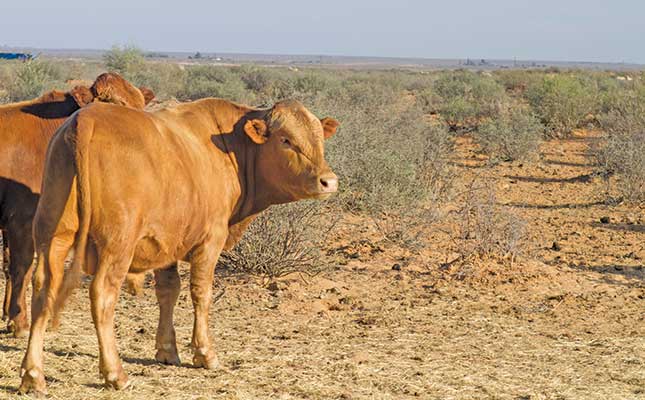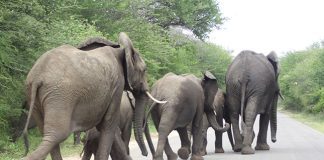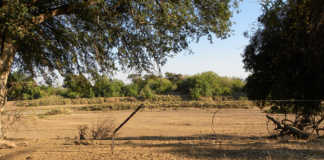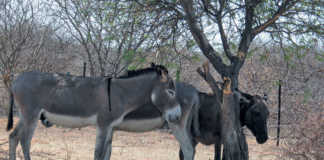
The latest statistics from Botswana’s Ministry of Local Government showed that between March 2017 and March 2018, the government repossessed almost 6 600 stray animals, while between March 2018 and March 2019, around 7 280 more stray livestock were confiscated.
According to these figures, just over 4 700 of the repossessed animals were sold through public auctions in 2019, raising P4,3 million (about R5,7 million).
The statistics further indicated that just over 2 220 head of livestock were claimed by their owners in the same year, and P677 000 (R884 000) was raised from such claims.
In interviews with Farmer’s Weekly, farmers said that on an annual basis they were losing large numbers of cattle through the government’s initiative of gathering stray cattle and selling them at auction.
According to the farmers, the Botswana government repossessed all stray livestock countrywide, including cattle with clear brands, eartags and markings, which could be used to trace them back to their owners.
The farmers indicated that it was not always possible to keep all livestock in kraals under the communal farming system, which was popular in Botswana. Around 80% of cattle found in that country were raised in the communal farming system.
Livestock farmer Mojaki Molope said: “The communal farming system largely contributes to [the proliferation of] stray animals. Some communal farmers don’t have reliable water sources, so their cattle go astray while looking for water. During drought periods, some cattle also [wander off] while looking for better grazing.”
The Botswana National Beef Producers’ Union, an advocacy organisation promoting the interests of cattle farmers in Botswana, suggested that instead of repossessing stray cattle, the government should use the livestock identification system to trace cattle back to their owners.
The union said it believed that if the government used the system to identify cattle owners, it would help reduce the number of cattle that farmers were losing.
“There are detailed computerised records of cattle and their owners in Botswana at the Ministry of Agriculture, and can be used to contact farmers when their cattle are found. The farmers can be charged for the costs incurred in contacting them,” union spokesperson Andrew Seeletso said.
Despite requests for comment, the government failed to respond to farmers’ concerns at the time of going to print, but a recent government statement said: “The law allows collection and auctioning of stray livestock in all districts of the country. The public is allowed to visit kraals where the cattle are kept to claim their lost animals before the auction sale date.”













